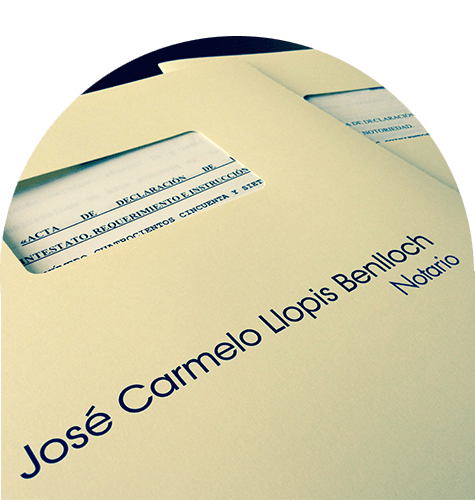Expert in facilitating understanding between the parties
When a conflict between persons emerge, they usually try to solve it by themselves. However, sometimes the private agreement might be impossible, perhaps because there are underlying problems or absolutely opposing positions about one or several issues. In these cases, to settle the dispute, people tend to go to a third party, Judge or Arbiter, to impose the solution, which implies a high cost, both emotional and economical.
To avoid these judicial confrontation situations, alternative dispute resolution schemes have been developed, like mediation, that increasingly enjoys more acceptance between profesionals and society. In fact, lots of profesional colleges are organising mediation systems or platforms, and among them, the Notarial Colleges, specially after the first time regulation in our country after the 5/2012, 6th of July Act.

In mediation, the own affected by the dispute are the ones than obtain the solution to their situation, being helped by a third party, named mediator, who is an expert in easing the understanding between parties. The mediator helps the parties to dialogue and to create new solutions to their problems, transforming the relation between them and modelling their behaviour for the future. It is important, in order to get an optimum result, that the mediators are properly qualified, and have an appropriate formation.
Mediation starts with a previous and merely informative meeting, and a presentation of the process. After some talks with the parties, the alternative generation phase starts, without commitment from the parties, that later will be evaluated, to be transformed, if there’s agreement, in solutions. When mediation is over, the agreement, if there’s any, is embodied in a document, whose effectiveness can be moderated depending on the parties desire, even in public deed.
The advantages of going to mediation are undeniable. Maybe the main one is that, submitting a dispute to mediation, you don’t lose anything, but you’ve got a lot to win, because is absolutely volunteer, both attending mediation and getting an agreement. This means that all the time the parties have the control of their positions and, if it’s of no interest for any or them, they can always go to court, because starting a mediation doesn’t exclude other ways of solving the conflict. Another clear advantage is that its cost is cheaper and it’s also faster that going to court, which ends up with less emotional exhaustion and, because of that, a higher possibility of rectifying the familiar, personal or professional relation affected by the conflict.
